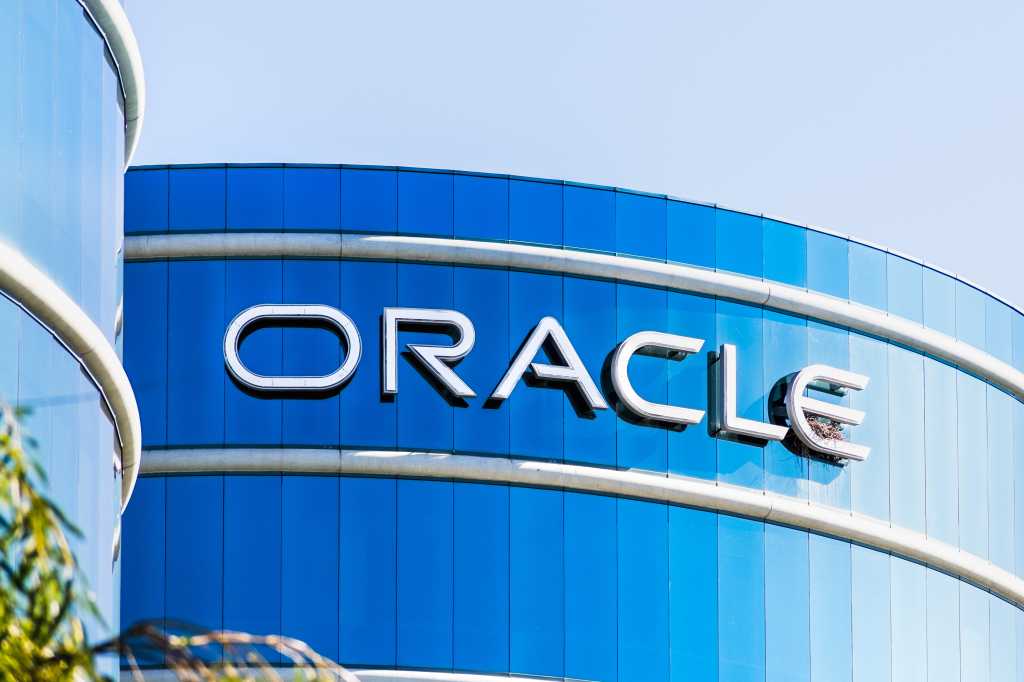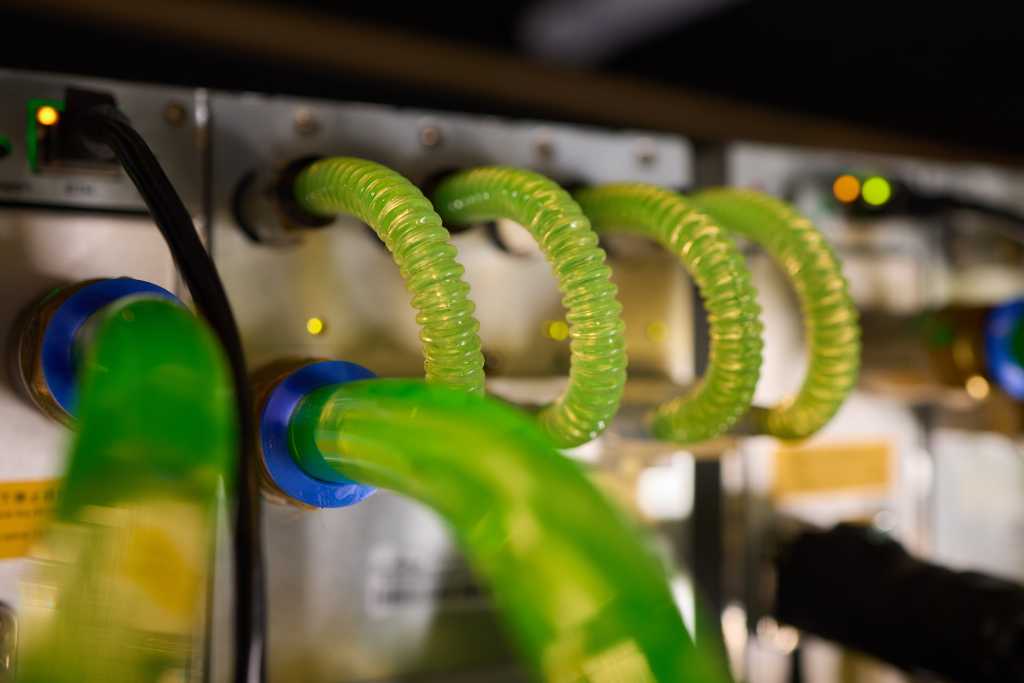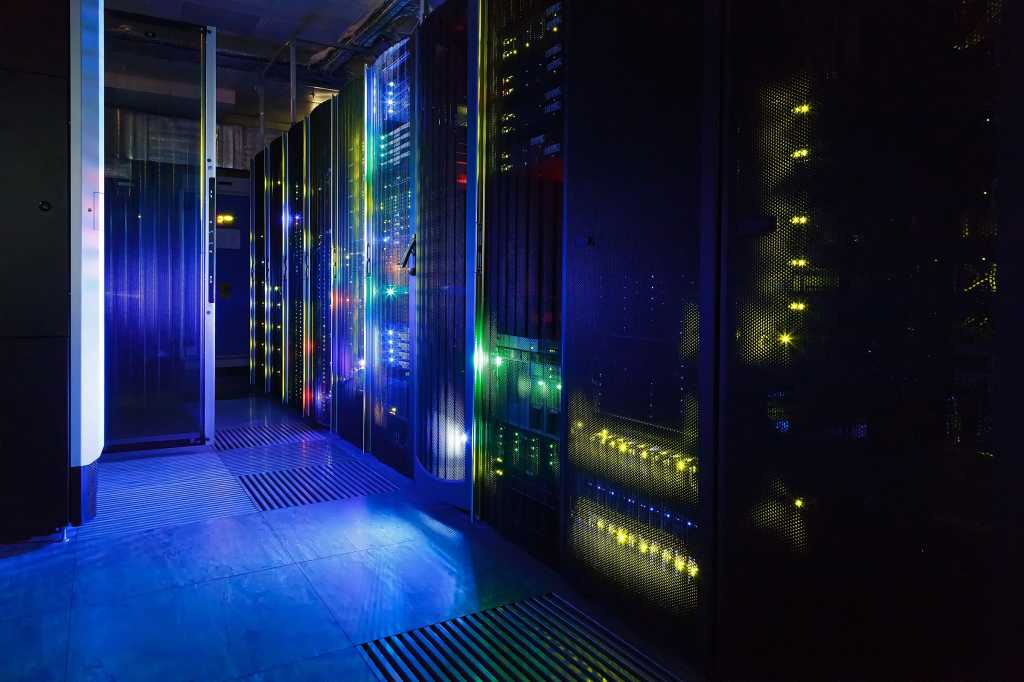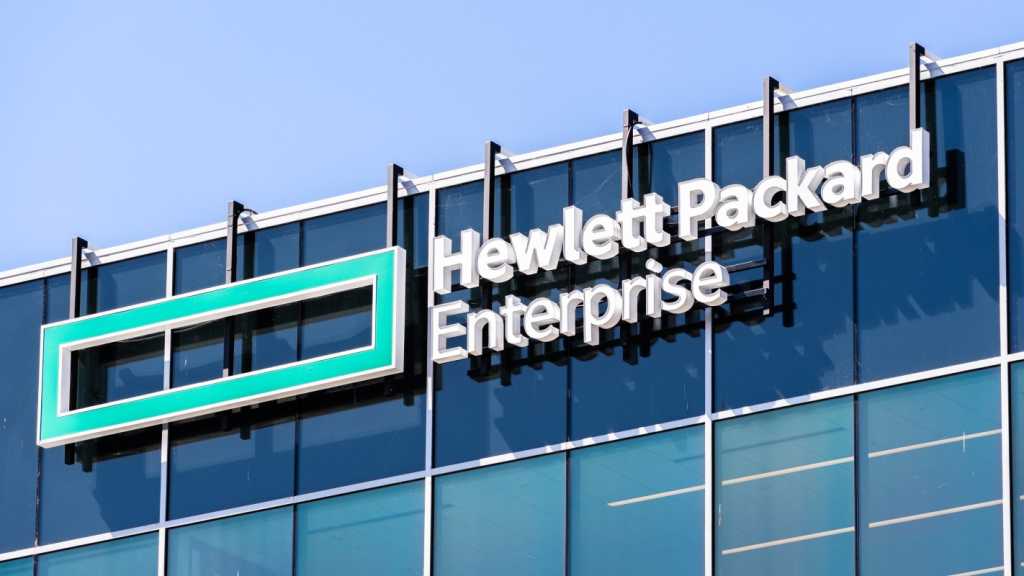
Humain will deploy the Nvidia Omniverse platform as a multi-tenant system to drive acceleration of the new era of physical AI and robotics through simulation, optimization and operation of physical environments by new human-AI-led solutions.
The AMD deal did not discuss the number of chips involved in the deal, but it is valued at $10 billion. AMD and Humain plan to develop a comprehensive AI infrastructure through a network of AMD-based AI data centers that will extend from Saudi Arabia to the US and support a wide range of AI workloads across corporate, start-up, and government markets. Think of it as AWS but only offering AI as a service.
AMD will provide its AI compute portfolio – Epyc, Instinct, and FPGA networking — and the AMD ROCm open software ecosystem, while Humain will manage the delivery of the hyperscale data center, sustainable power systems, and global fiber interconnects.
The partners expect to activate a multi-exaflop network by early 2026, supported by next-generation AI silicon, modular data center zones, and a software platform stack focused on developer enablement, open standards, and interoperability.
Amazon Web Services also got a piece of the action, announcing a more than $5 billion investment to build an “AI zone” in the Kingdom. The zone is the first of its kind and will bring together multiple capabilities, including dedicated AWS AI infrastructure and servers, UltraCluster networks for faster AI training and inference, AWS services like SageMaker and Bedrock, and AI application services such as Amazon Q. Like the AMD project, the zone will be available in 2026.
Humain only emerged this month, so little is known about it. But given that it is backed by Crown Prince Salman and has the full weight of the Kingdom’s Public Investment Fund (PIF), which ranks among the world’s largest and most influential sovereign wealth funds, one analyst expects big things from it.





















